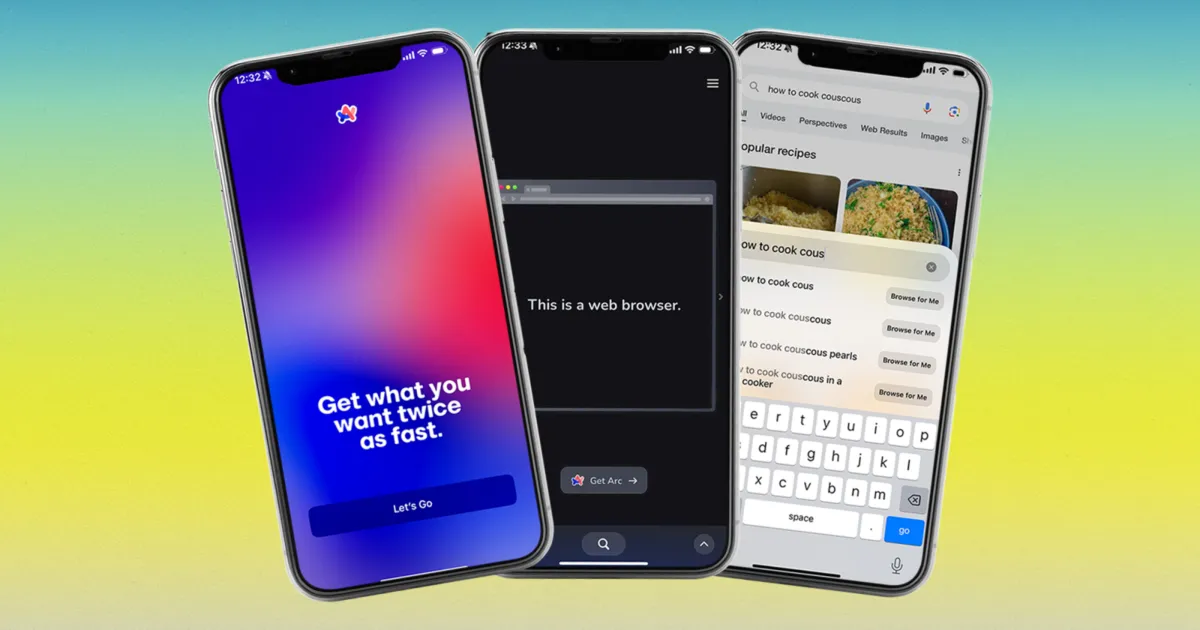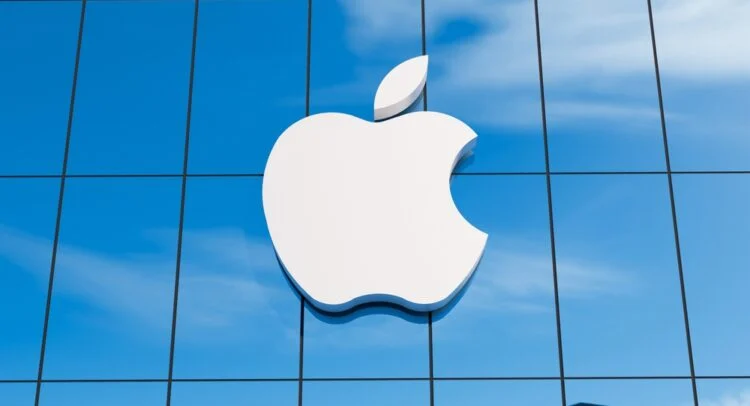
Atlassian Buys Arc Browser Creator in $610M Deal
Atlassian, that company behind all those handy tools like Jira and Confluence, is buying up The Browser Company. You know, the folks who made the Arc browser that’s been turning heads lately? Yeah, they’re shelling out a cool $610 million in cash for it. It’s one of those moves that could shake up how we think about browsers at work, especially with AI getting thrown into the mix.
The announcement came right on the heels of that court ruling where Google dodged having to sell off Chrome – talk about timing, right? But let’s not get ahead of ourselves. This deal isn’t just about snagging a trendy browser; it’s Atlassian’s way of pushing into the future of productivity software. They’ve been all about making work easier for teams, and now they’re betting big on retooling the browser itself.
What’s the Scoop on the Acquisition?
So, Atlassian dropped the news on September 4, 2025, saying they’ll pay $610 million straight up in cash. The Browser Company, based out of New York I believe, has been around since 2019 and raised about $128 million from some heavy hitters. We’re talking investors like Pace Capital, LinkedIn’s Jeff Weiner, Medium’s Ev Williams, Figma’s Dylan Field, Notion’s Akshay Kothari, and GitHub’s Jason Warner. Their last funding round pegged them at a $550 million valuation, so this buyout looks like a solid win for everyone involved.
The deal’s set to close sometime in the second quarter of Atlassian’s fiscal year 2026, which I think means early next year. And get this – The Browser Company isn’t getting absorbed completely. They’ll keep running independently under Atlassian, which should let them keep that startup vibe going. Josh Miller, the CEO over there, even tweeted about it, saying it’ll help them hire more people, roll out features quicker, and expand to more platforms. It’s like Atlassian is giving them a boost without clipping their wings.
Why Browsers Matter in the Work World
Now, why would a company like Atlassian, who’s all about collaboration tools, want a browser maker? Well, Mike Cannon-Brookes, Atlassian’s CEO and co-founder, put it pretty straightforward in the press release. He said something along the lines of, “Today’s browsers weren’t built for work; they were built for browsing.” And he’s got a point – most of us spend our days juggling tabs full of SaaS apps, emails, docs, you name it. This acquisition is their shot at creating an AI-powered browser that’s actually optimized for knowledge workers.
Think about it: with AI blowing up everywhere, a browser that smartly handles all those work tabs could be a game-changer. Cannon-Brookes called it a “bold step forward in reimagining the browser for knowledge work in the AI era.” Not too shabby, huh? On the flip side, The Browser Company has been pivoting lately. They launched Dia in beta last year – that’s their new AI-first browser – after deciding to wind down active development on Arc. So, this deal lines up perfectly with where they’re headed.
It’s interesting because browsers have kinda been stuck in the past. Chrome dominates, sure, but it’s not tailored for the modern office grind. Atlassian sees an opportunity to blend their productivity expertise with The Browser Company’s fresh take on browsing. Could mean smarter integrations, better AI features, who knows? But it’s clear they’re not just buying a product; they’re investing in a vision.
Key Points from the Deal
To break it down a bit, here’s some of the standout stuff:
- Deal Value and Structure: $610 million in cash – no stock swaps or anything fancy.
- Timeline: Expected to wrap up in Q2 FY2026, so probably by March or April 2026.
- Independence for The Browser Company: They’ll operate on their own, focusing on Dia while getting Atlassian’s resources to speed things up.
- Investor Backstory: Raised $128M total, with a $50M round last year at $550M valuation. Big names involved, which shows the hype around Arc and Dia.
- Strategic Fit: Aims to create an AI-optimized browser for work, fixing how we handle SaaS apps in tabs.
- Quotes That Stick: Cannon-Brookes on rethinking browsers for work, and Miller excited about faster growth under Atlassian.
These points really highlight why this isn’t your average tech buyout. It’s got that forward-thinking edge without being all hype.
What This Means for Users and the Industry
For folks using Arc right now, don’t panic – nothing’s changing overnight. The Browser Company plans to keep supporting it, at least for the time being, even as they shift gears to Dia. And for Atlassian users? This could trickle down into better tools. Imagine Jira or Confluence playing nicer with a custom browser that anticipates your needs with AI. It’s the kind of integration that might make remote work a tad less frustrating.
On a broader scale, this comes at a time when Big Tech is under the microscope. That Google ruling yesterday? It basically said no to forcing a Chrome sale in that antitrust case. Coincidence or not, it underscores how browsers are still a hot topic in competition talks. Atlassian swooping in here might encourage more innovation outside the usual suspects like Google or Apple.
Of course, acquisitions like this always come with questions. Will The Browser Company’s culture mesh with Atlassian’s? They’ve got about 50 employees, I reckon, and staying independent helps, but time will tell. Also, what about privacy or data stuff in an AI browser? That’s something users will watch closely.
All in all, it’s a smart play by Atlassian to stay ahead in the productivity game. They’ve been acquiring left and right – remember Loom a couple years back? – and this fits the pattern. If it pans out, we might all be using a browser that’s actually built for getting stuff done, not just scrolling cat videos. Fingers crossed it lives up to the promise.
Wrapping up, this $610M deal isn’t just numbers; it’s about evolving how we work online. Keep an eye on it – could be the start of something bigger in the browser wars.






